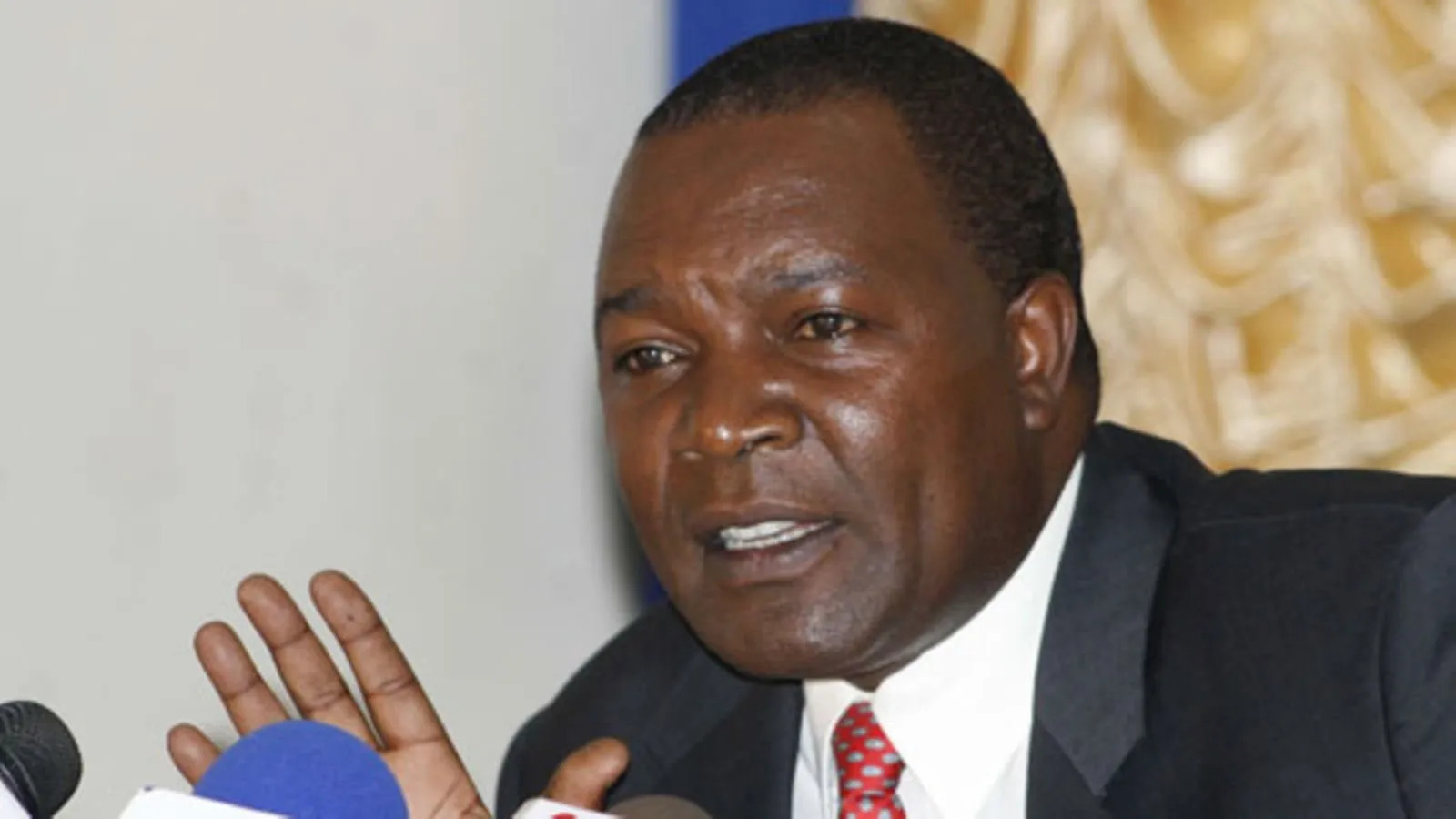Business
State Will Cause ‘Market Distortions’ With Rate Cap – Analysts

Analysts say a push by President William Ruto on capping local borrowing at 10 percent will distort market dynamics and drive away investors.
Speaking at a meeting with the Association of Pension Trustees and Administrators of Kenya last week, the president said it was not tenable to borrow above 10 percent, insisting the Government will consider other alternatives if need be.
According to the President, borrowing at high rates will aggravate Kenya’s public debt, making it difficult to service debt which is currently at Sh8.7 trillion, or 70 percent of Sh 12 trillion gross domestic product (GDP), and higher than the 64 percent recommended for emerging and developing countries.
“I have given instructions to the ministry of finance (National Treasury) that yes we will go to the market and if we find that we cannot find money at 10 percent, we will go back and look at other sources,” the head of state said.
However, analysts wonder which are the other sources that are willing to dish out money at lower rates, saying that the country is staring at a major financial crisis with the move likely to spook markets just when things are starting to look up.
The President’s pronouncement comes after the National Treasury raised Sh75.6 billion from the November infrastructure bond which was borrowed at a market rate of 13.9 percent.
According to Wehliye Mohammed, a senior advisor to the Central Bank of Saudi Arabia, the move could spook the economy which was beginning to improve after Covid-19 shocks and the electioneering period.
“We are staring at a major financial crisis. How will we settle Treasury Bills redemptions next week when investors stay away,” asked Wehliye on his twitter handle.
Reuben Wambui, formerly with consulting house McKinsey, said that inflation is currently too high to allow for cheap funding, while analysts at Mwango Capital wondered how the government planned to access funds with a cap on interest rates.
The directive brings back memories of the 2016 rate caps, which limited banks to not more than 4 percent of the Central Bank’s base rate.
Though popular when debt levels were rising, it backfired as it slowed growth of the private sector, with banks being unwilling to lend at artificially low rates, locking out those who were considered risky like small traders.
Kenya has been locked out of the international bond market by high interest rates and uncertainty caused by high interest rates in the US and Europe. High energy prices and the Russia-Ukraine war are also among the factors that have raised volatility in the financial markets.
The government is facing maturities to be paid next week and has pending bills of over Sh500 billion that also need to be paid through the bond markets.
Kenya received an approval by IMF country level staff for release of Sh43 billion to help prop up the country’s foreign exchange (Forex) reserves pending approval by the International Monetary Fund (IMF) executive board.







